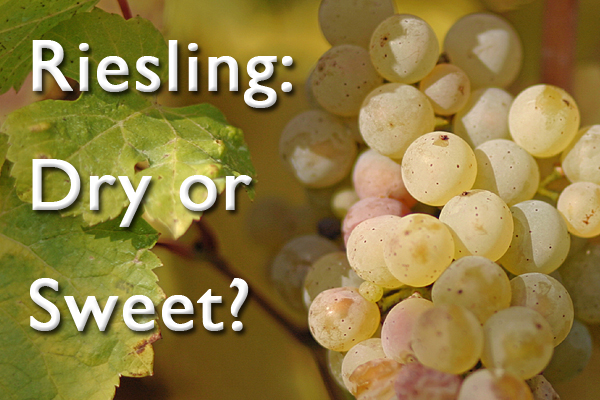
By No machine-readable author provided. T.o.m.~commonswiki assumed (based on copyright claims). [GFDL, CC-BY-SA-3.0 or CC BY-SA 2.5-2.0-1.0], via Wikimedia Commons
We all know that the riesling grape variety challenges strongly as possibly the very best one grown for wine. It shows this amazing versatility at all levels of sweetness to produce a well structured and delicious wine. The old German wine laws of 1971 emphasized quality not based on yields or other important factors but on the must weight of the grapes. This gave us a somewhat misleading notion that the riper and sweeter the grapes the better the quality of the wine. However these days most German wines are being fermented to dryness (trocken) or fairly dry (halbtrocken) even if the grapes qualify up to auslese in their quality. No longer just the New World supplying us with dry Riesling.
Thought provoking ideas were brought into clearer focus for me by 3 tastings I attended last week. The first was called Generation Riesling (www.Generation-Riesling.de) hosted by Ted Kalaboukis Director Canada for Wines of Germany with Nadine Poss, their German Wine Queen for 2013-14. They showed 10 German wines from the new generation to go with a four course lunch catered by two of our finest food trucks spotlighting Indian by Vij’s Railway Express (pakoras, tamarind, butter chicken with fenugreek curry, cumin, mango, naan, spicy lamb) and Far East by Roaming Dragon (dumplings, ginger, taco trio with Malaysia, Mexico, and Korean flavours). The pairings worked well showing wonderful balance and minerals in both the dry and sweet (spatlese) wines to stand up to the assertive dishes. Zum Wohl!
The other two events were blind tastings including one with 19 bagged wines that all turned out to be Riesling – 1 each from Austria, France, California, 2 Washington State, 8 BC, and 4 Germany. This was quite a difficult tasting because some wines were austerely dry while others were rather sweet. Moreover the alcohol levels ranged from a low of 7.5 in an elegant Wehlener Sonnenuhr Riesling Spatlese 2011 from Dr. F. Weins-Prum in the Mosel served 4th in the order to a high of 13.9 in a dry BC wine served late. Another German wine 2012 Dr. Von Basserman-Jordan Riesling Trocken was 12 degrees and quite dry. This tasting really brought home to me the profound difference in style of all the riesling currently out there on the market.
Be sure you know what you are buying. It could be a dry riesling or a sweeter one! Please vote on your preferred style.